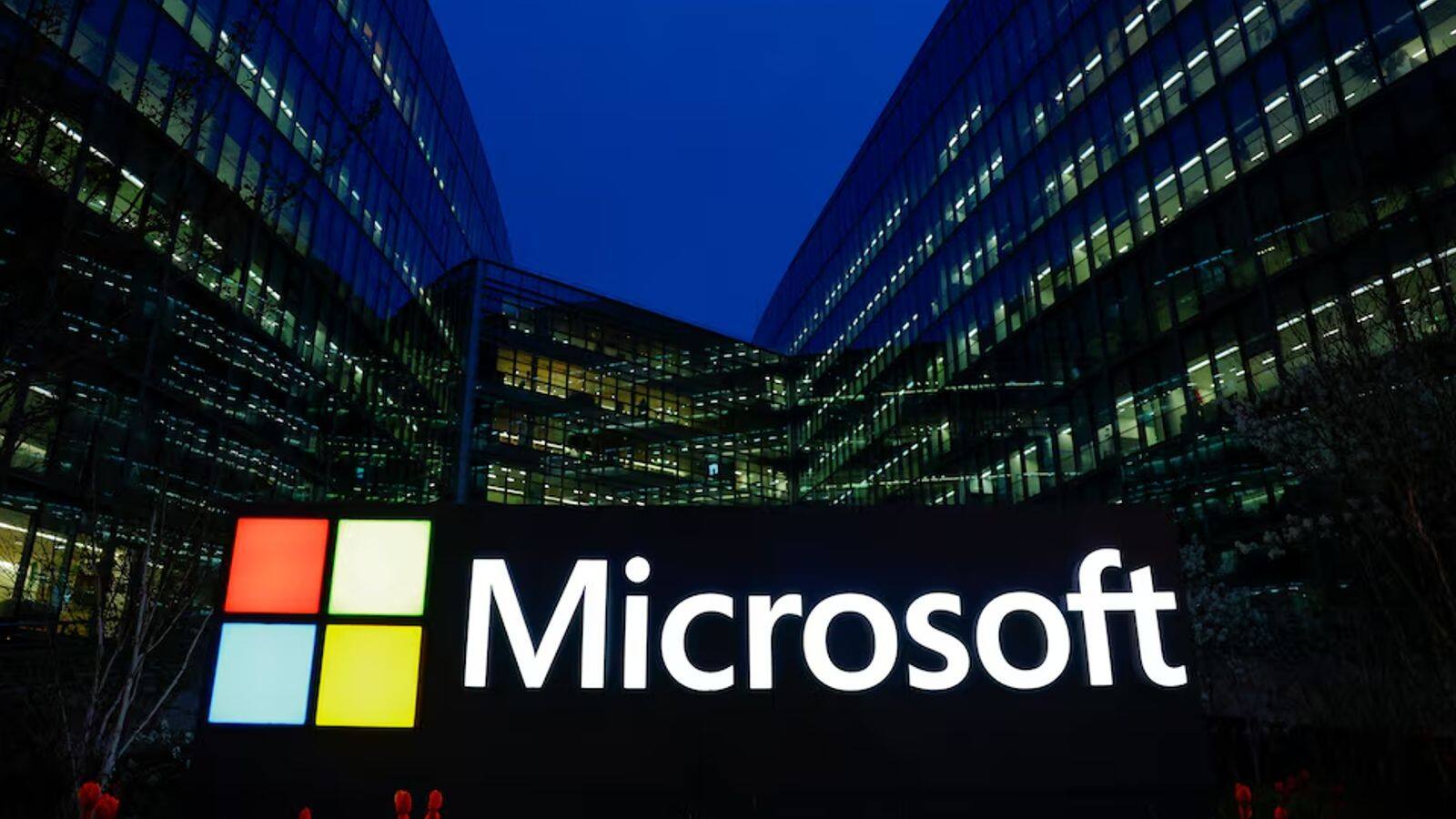
Microsoft is developing new AI model to rival Google, OpenAI
What's the story
Microsoft is reportedly developing a new artificial intelligence (AI) language model, internally known as MAI-1.
The project aims to compete with similar models from tech giants like Google and OpenAI, according to the Information, citing two insiders at Microsoft.
The development of this new AI model is being led by Mustafa Suleyman, co-founder of Google DeepMind and former CEO of AI startup Inflection.
The specific function of the MAI-1 model remains undetermined pending its performance capabilities.
Build showcase
Possible unveiling of MAI-1 at Microsoft's developer conference
There are speculations that Microsoft may unveil the new AI model, MAI-1, at its upcoming Build developer conference.
The report suggests that MAI-1 will surpass previous smaller open-source models developed by Microsoft in terms of size and cost.
Last month, as part of an effort to expand its client base with affordable options, Microsoft introduced a smaller AI model named Phi-3. It is designed to operate on smartphones without internet connection.
AI advantage
Microsoft's strategic investment in OpenAI benefits MAI-1
Microsoft's strategic investment in OpenAI has allowed it to integrate the technology of the ChatGPT maker into its productivity software suite.
This move has given Microsoft a competitive edge in the generative AI field.
To further enhance the MAI-1 model, Microsoft is using large server clusters equipped with NVIDIA's graphic processing units and significant data volumes.
The report estimates that MAI-1 will consist of approximately 500 billion parameters, compared to OpenAI's GPT-4 which reportedly contains one trillion parameters.
Leadership role
Suleyman leads Microsoft's newly established Consumer AI unit
In March this year, Suleyman was appointed as the leader of Microsoft's newly established consumer AI unit.
Several employees from his former company, Inflection, were also recruited to join the team.
While it has been clarified that the new model is not a direct continuation of Inflection's work, it may incorporate training data from the startup.
This move signifies Microsoft's commitment to advancing its position in the competitive field of artificial intelligence.